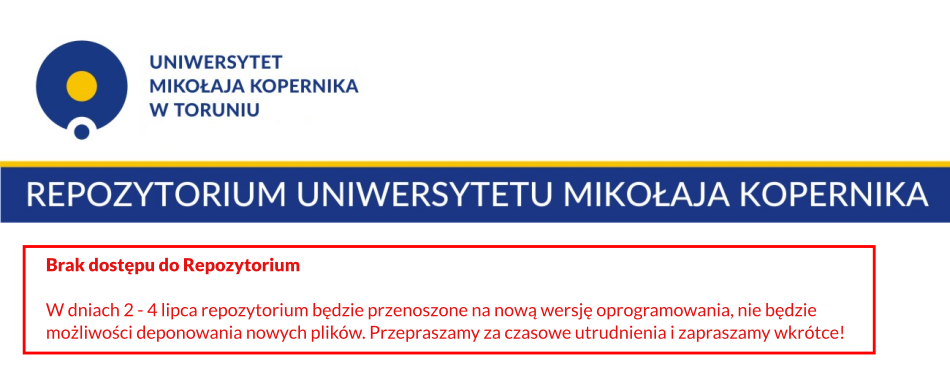| dc.contributor.author |
Płotka, Bartosz Andrzej |
| dc.date.accessioned |
2016-05-16T06:29:47Z |
| dc.date.available |
2016-05-16T06:29:47Z |
| dc.date.issued |
2013-06-12 |
| dc.identifier.citation |
Dialogi Polityczne, No. 15, pp. 35-43 |
| dc.identifier.issn |
1730-8003 |
| dc.identifier.other |
doi:10.12775/DP.2013.004 |
| dc.identifier.uri |
http://repozytorium.umk.pl/handle/item/3246 |
| dc.description.abstract |
Both neuroethics and biopolitics are the newest discoveries of social sciences. They provide many problems and issues concerning the human nature, critical for the current political thought. The mutual relation between them forces us also to focus on the solutions in legal system through the crucial meaning of the notion of responsibility – the critical issue of neuroethics. The main objective of this article, therefore, is to: 1) to characterize neuroethics and its main approaches; 2) to introduce the current consensus reached in the debate on the freedom of will; 3) to outline the possible biopolitical consequences within the frames of the described paradigm. |
| dc.language.iso |
eng |
| dc.rights |
Attribution-NoDerivs 3.0 Poland |
| dc.rights |
info:eu-repo/semantics/openAccess |
| dc.rights.uri |
http://creativecommons.org/licenses/by-nd/3.0/pl/ |
| dc.subject |
neuroethics |
| dc.subject |
biopolitics |
| dc.subject |
free will |
| dc.subject |
social responsibility |
| dc.subject |
judgmental responsibility |
| dc.subject |
paradigms of neuroethics |
| dc.subject |
morality |
| dc.title |
Neuroethics and Biopolitics. Consequences of the Assumption of the Non-existence of Free Will |
| dc.type |
info:eu-repo/semantics/article |


